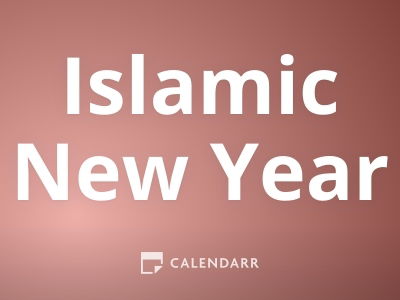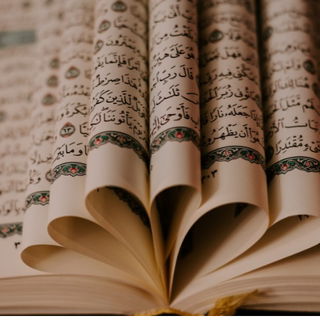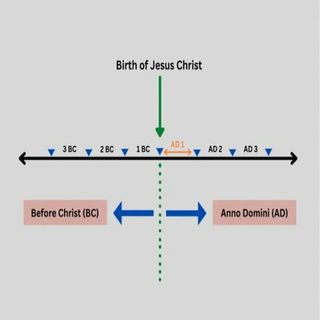- Calendar
- Calendar 2026
- June
- Islamic New Year
Islamic New Year
The Islamic New Year falls on the first day of Muharram which is the first month in the Hijri calendar.
Also known as the Muslim New Year or Hijri New Year, the year 1447 AH will begin on June 26, 2025, according to the Gregorian calendar.
The Islamic New Year is a public holiday in over 24 countries, including Saudi Arabia, Indonesia, Malaysia, Pakistan, the UAE, and parts of Africa.
Hijri Calendar
Muslims around the globe use a lunar calendar which is known as the Islamic calendar or the Hijri calendar to decide the dates of important religious celebrations like Ramadan, Hajj, and Eid observations.
The word “Hijri” comes from the Hijrah which is the migration of Prophet Muhammad in 622 CE from Mecca to Medina.
This was a significant turning point in the history of Islam which was also the beginning of the Islamic calendar.
Unlike the Gregorian calendar, the Islamic year is shorter by about 11 to 12 days, which means Islamic events rotate through the seasons over time.
Unlike the Gregorian calendar, the Islamic year is shorter by about 11 to 12 days, which means Islamic events rotate through the seasons over time.
Read Hijri Calendar To Know More
History of Islamic New Year
The history of Islamic New Year goes back to the 7th century CE, when Prophet Muhammad and his followers were not treated fairly in Mecca due to their principles and beliefs.
Their life was threatened, and they were in dire need of a safe space to live and practice their faith.
So, he along with his followers left Mecca and traveled to Yathrib which is now known as Medina.
This journey is called the Hijra, meaning “migration” in Arabic, and it led to the formation of the Islamic calendar which started from 622 CE itself.
Prophet Muhammad was given a warm welcome in Medina and slowly became a leader where he took his first step to create a fair agreement known as the Constitution of Medina.
This outlined the rights and responsibilities of all the different groups living in the city, including Muslims, Jews, and others.
Muharram is considered to be one of the four most blessed months in the Islamic lunar calendar. The 10th day of Muharram, known as Ashura, is a special day.
According to Islamic tradition, it marks events like Prophet Noah’s Ark landing after the flood, and Prophet Moses parting the Red Sea.
Ashura is a very tragic event for Shia Muslims as it is the day when Imam Hussein, the grandson of Prophet Muhammad, was killed in the Battle of Karbala.
His death is remembered with ceremonies, prayers, and symbolic acts of mourning, such as matam (chest-beating).
These gatherings are especially observed in countries like India, Pakistan, Lebanon, Bahrain, and Afghanistan.
Sunni Muslims also honor the month with prayers, fasting, and spiritual reflection, using this time to grow closer to God.
As opposed to the Western calendar, which is based on the sun, the Islamic calendar is based on the moon.
That means the Islamic New Year moves back by about 11 days each year.
Over time, this creates a cycle where Muharram is experienced in different seasons, letting believers feel the full range of conditions that the Prophets may have lived through.
The Sunni and Shia Standpoints
While most Sunni Muslims consider the New Year to begin on 1 Muharram, some Shia Muslims, particularly those from the Twelver Shia tradition, believe the new year should start in Rabi’ al-Awwal, the month when the Hijrah actually occurred. This difference leads to slight variations in historical timelines and commemorations.
Observing the Islamic New Year
It's an ideal time for Muslims to look inward and assess their spiritual journey. Many take this opportunity to evaluate their relationship with Allah, set new intentions for the year ahead, and seek personal growth.
Prayers, contemplation, and reading about the Hijrah of Prophet Muhammad are common ways to mark the day.
Some Muslims choose to fast during Muharram, especially on the 9th and 10th days, following the Sunnah of the Prophet.
Others engage in acts of kindness, such as giving to charity or helping those in need, embracing the values of generosity and compassion.
Sharing religious knowledge with family and friends or spending time in dhikr is also considered a meaningful practice.
It’s not uncommon for individuals to use the Islamic New Year as a moment to redefine personal goals, draw closer to their faith, and disconnect from worldly distractions.
Whether it's through quiet prayer, reading Qur’an, or simply reflecting in solitude, the day encourages mindfulness and renewal of faith.
Recommended Articles

Other Celebrations
-
Jan 01 Thu
-
Apr 14 Tue
-
Apr 15 Wed
-
Nov 09 Mon
-
Dec 31 Thu
-
Feb 08 MonLunar New Year

Islamic New Year - Next years
Saturday, 05 June 2027
Wednesday, 24 May 2028
Monday, 14 May 2029
2026 Calendars
You might also be interested in











